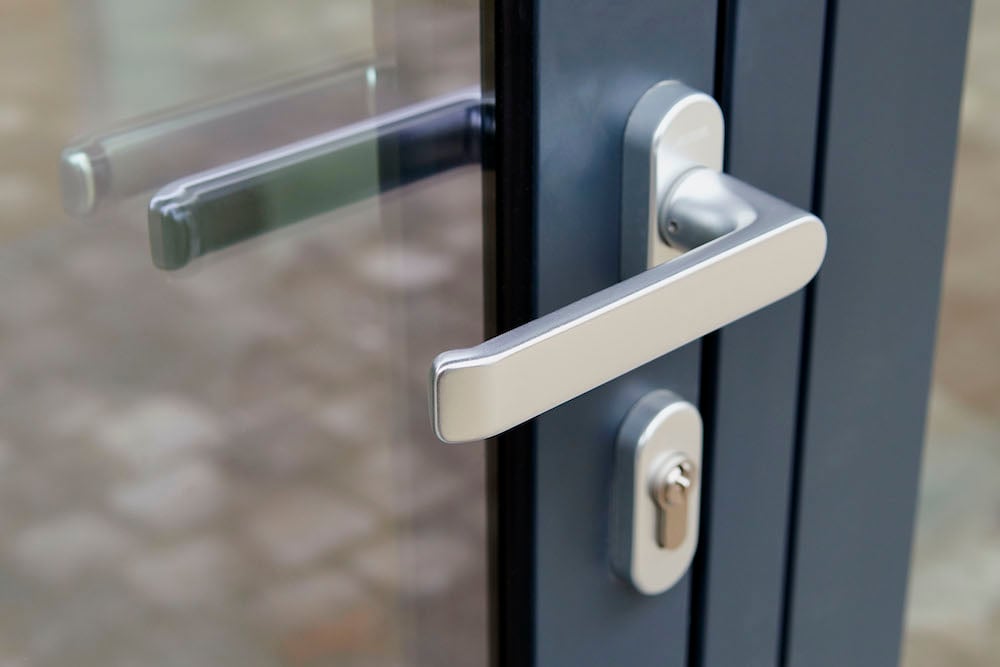In today’s world, ensuring the safety of sensitive areas like hospitals is of utmost importance. High-security locks for hospitals play a crucial role in maintaining a safe environment for patients, staff, and valuable medical equipment. This article delves into the significance of these advanced locking systems and the numerous benefits they offer.

Why Hospitals Need High-security Locks
Hospitals house a range of sensitive information and expensive equipment. To protect these assets, high-security locks are a necessity. These locks are designed to prevent unauthorized access while ensuring that the right people can easily enter when needed.
Features of High-security Locks
Advanced Technology
Modern high-security locks incorporate advanced technology, including smart key systems and biometric access, to enhance security. Such technology minimizes the risk of breaches and ensures only authorized personnel can access restricted areas.
Durability and Strength
These locks are built to withstand tampering and forced entry attempts, offering a high level of durability and strength. This ensures that even under stress, the locks maintain their integrity.
Benefits of Using High-security Locks in Hospitals
Enhanced Safety
With high-security locks, hospitals can ensure the safety of patients and staff by controlling access to sensitive areas such as operating rooms and medication storage.
Protection of Assets
These locks help protect expensive medical equipment and confidential patient information from theft or unauthorized access.
Compliance with Regulations
Using high-security locks helps hospitals comply with industry regulations and standards for security, ensuring that they meet legal requirements.
Implementing High-security Locks
Choosing the Right System
When selecting a locking system, hospitals must consider their specific needs, including the areas that require the most protection and the level of security desired.
Installation and Maintenance
Proper installation and regular maintenance are essential to ensure that high-security locks function effectively over time. It’s vital to work with experienced professionals for these tasks.
Examples of High-security Locks
Smart Locks
Smart locks provide the convenience of remote access control and monitoring. These locks can be integrated with hospital security systems for improved management.
Biometric Locks
Biometric locks use fingerprint or retina scans to grant access, offering a high level of security and eliminating the need for keys or cards.
Challenges and Solutions
Cost Considerations
While high-security locks can be more expensive than traditional locks, the investment is justified by the increased security and protection they provide.
Training Staff
Ensuring that staff are trained in using new security systems is crucial. Providing regular training sessions can help staff adapt quickly to new technologies.
Conclusion
In conclusion, high-security locks for hospitals are an essential component of modern healthcare facilities. They provide enhanced security, protect valuable assets, and ensure compliance with regulations. By investing in these advanced locking systems, hospitals can create a safe and secure environment for everyone within their walls.

FAQ
What are high-security locks?
High-security locks are advanced locking systems designed to provide enhanced protection against unauthorized access and tampering.
Why are high-security locks important for hospitals?
They are important because they help protect sensitive information, expensive equipment, and ensure the safety of patients and staff.
What types of high-security locks are available?
There are various types, including smart locks, biometric locks, and traditional locks with advanced technology.
For more detailed information, you can visit ABUS High-security Locks or explore LockWiki.
For more information on smart locks, visit our page on Smart Locks. For a user-friendly experience, check out User-friendly Locks. Learn about the latest technology on our Advanced Technology page.
This article contains affiliate links. We may earn a commission at no extra cost to you.





